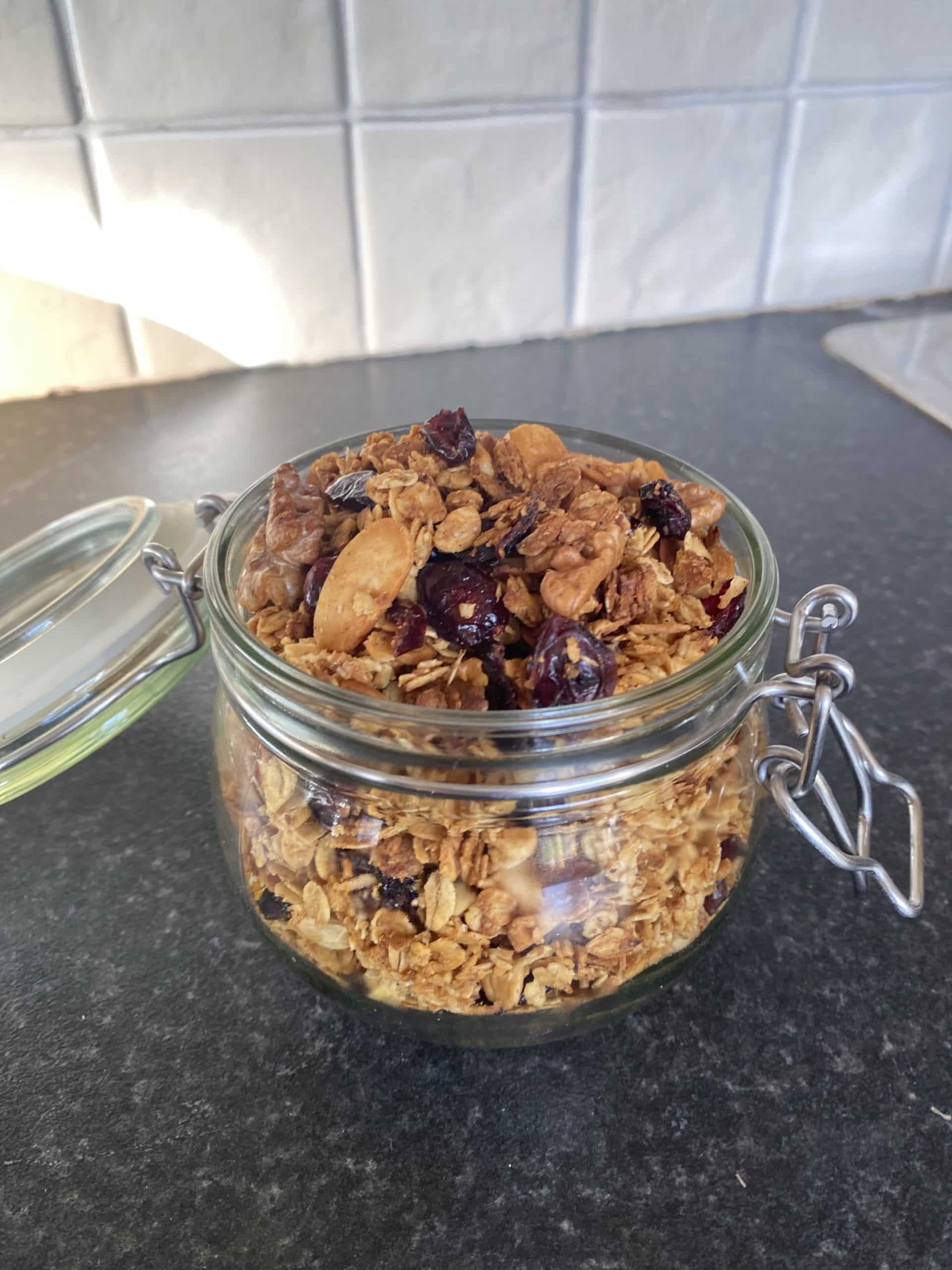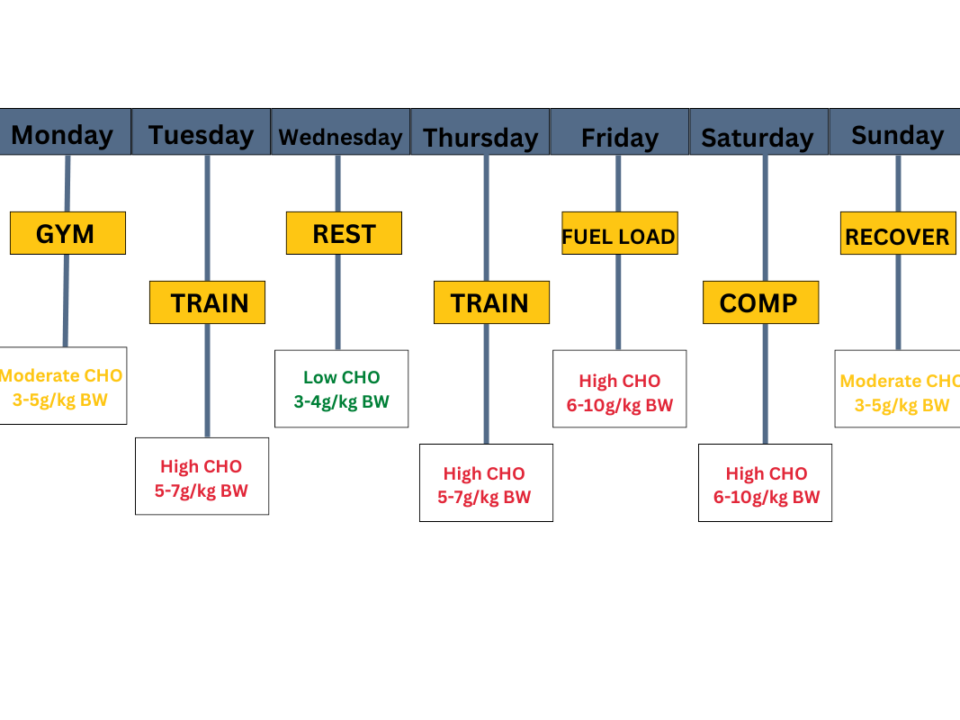Do you know any picky eaters? Maybe you have a child that doesn’t like to eat a varied diet and vegetables are a challenge? Research has shown that it’s ‘supportive strategies’ that work best to help people deal with food ‘aversions’.
There are some key things to consider when dealing with a picky eater and you should note that what works for one person, will not necessarily work for the next.
However, try not to spend too much time or energy worrying about what they are and aren’t eating. It is often more effective to show patience and understanding towards them to support them through this developmental stage.

STRUCTURE
Have a structure around meals meaning eating at times that create a consistent pattern. Having a consistent time and location of meals and limiting distractions during meals may seem like a small and simple thing, but kids who have a structured feeding environment are shown to enjoy food more and be less fussy.
They also tend to be more in-tune with their hunger and fullness cues which is important to maintain a healthy body weight throughout their childhood and into adult life.
ENCOURAGEMENT
Provide encouragement and supportive language when new foods are introduced and eaten.
NON-FOOD REWARDS
Avoid using food as a reward.. This can create a negative association with food and impact the relationship with food. Instead, try using non-food rewards such as sticker reward charts (for younger children), making plans with their friends, or a trip to the park for example.
UNDERSTANDING
Avoid ‘drama’ and ‘tension’ at the dinner table, if they don’t eat the food then use supportive language like ‘you can try it another time’. Appreciate that it is their choice and show understanding and respect towards their decision.
REPEATED EXPOSURE
Keep offering the food, and putting it on the plate during meal times. Research has shown that repeated exposure leads to people trying foods eventually
LEAD BY EXAMPLE
Ask yourself how you want them to approach their meal times and what foods you’d like to see them enjoying then allow them to see this behaviour from you.
INVOLVEMENT
Involve them in the process! This can be from the stage of planning meals at the start of the week, to shopping for and preparing the meal. Research shows that engaging in the process increases interest and adherence to the result. Here is a downloadable Meal Planner template that you can use together.
RESPONSIBILITY
Allow them to take responsibility – this may involve picking out a new recipe to try, stirring the food as it cooks or simply helping to set the table. This will also help to give them a sense of accomplishment that we as adults often take for granted when we sit down to enjoy a meal we have spent time preparing.

Recipes to prepare together
Breakfast recipes:
Blueberry and Banana Oat Pancakes
Strawberry Delight Overnight Oats
Lunch recipes:
Dinner recipes:
Snacks and Dessert recipes:
Mini Toasted Chocolate Nut Clusters
Let me know how you get on by tagging me in your recipes creations on Instagram at @daveynutrition
Useful resources:
DN Downloadable Meal Planner Template
Academy of Nutrition and Dietetics – Say “YES!” to non-food rewards
Rhitrition – Using Food as a Reward & Why to Avoid this Behaviour
Precision Nutrition – 9 Ways to Take the Anxiety Out of Nutrition for Kids
References:
Finnane, J. M., Jansen, E., Mallan, K. M., & Daniels, L. A. (2017). Mealtime Structure and Responsive Feeding Practices Are Associated With Less Food Fussiness and More Food Enjoyment in Children. Journal of nutrition education and behavior, 49(1), 11–18.e1. https://doi.org/10.1016/j.jneb.2016.08.007
Roberts, L., Marx, J. M., & Musher-Eizenman, D. R. (2018). Using food as a reward: An examination of parental reward practices. Appetite, 120, 318–326. https://doi.org/10.1016/j.appet.2017.09.024
Scaglioni, S., De Cosmi, V., Ciappolino, V., Parazzini, F., Brambilla, P., & Agostoni, C. (2018). Factors Influencing Children’s Eating Behaviours. Nutrients, 10(6), 706. https://doi.org/10.3390/nu10060706
Vandeweghe, L., Moens, E., Braet, C., Van Lippevelde, W., Vervoort, L., & Verbeken, S. (2016). Perceived effective and feasible strategies to promote healthy eating in young children: focus groups with parents, family child care providers and daycare assistants. BMC public health, 16(1), 1045. https://doi.org/10.1186/s12889-016-3710-9
Young Kyung Kim, J. Matías Di Martino, Julia Nicholas, Alannah Rivera‐Cancel, Jennifer E. Wildes, Marsha D. Marcus, Guillermo Sapiro, Nancy Zucker. Parent strategies for expanding food variety: Reflections of 19,239 adults with symptoms of Avoidant/Restrictive Food Intake Disorder. International Journal of Eating Disorders, 2021; DOI: 10.1002/eat.23639










